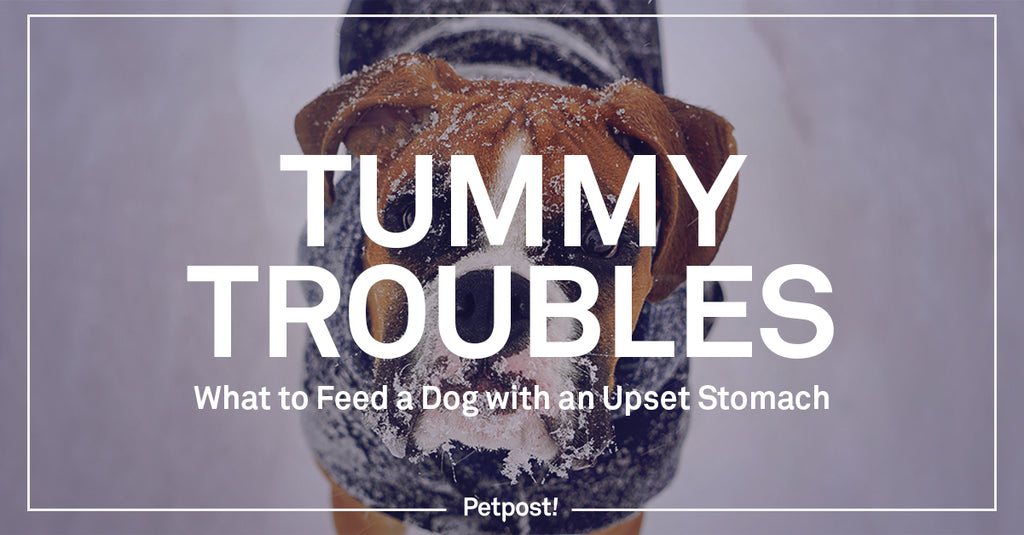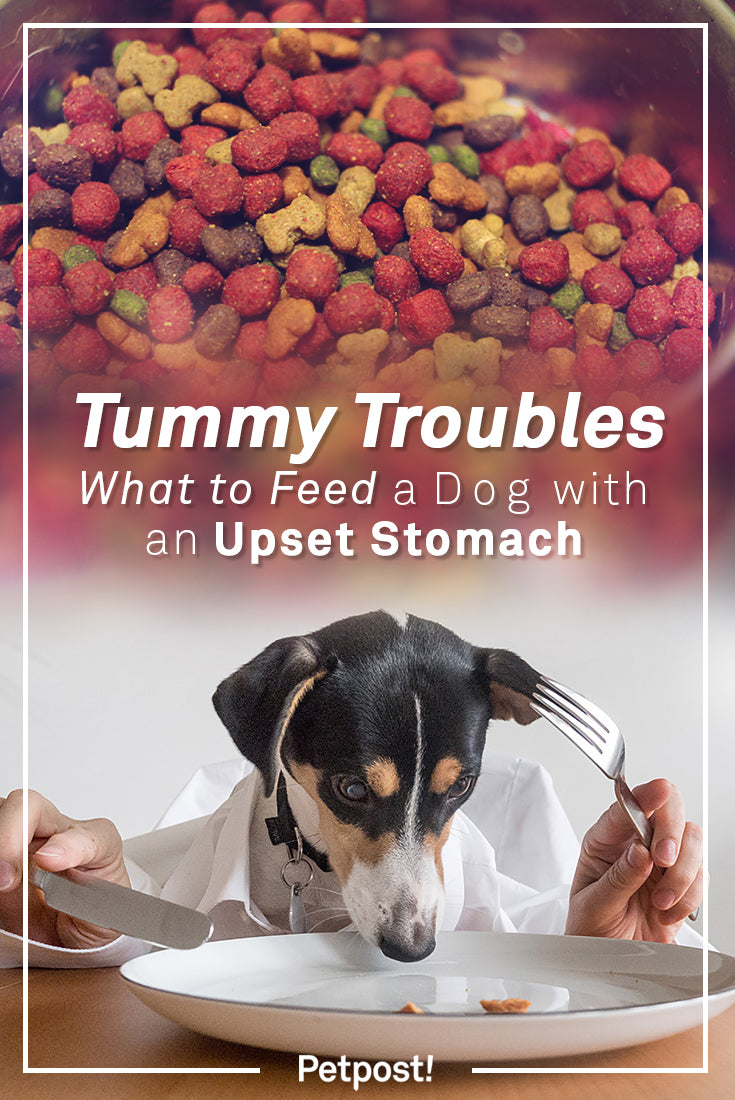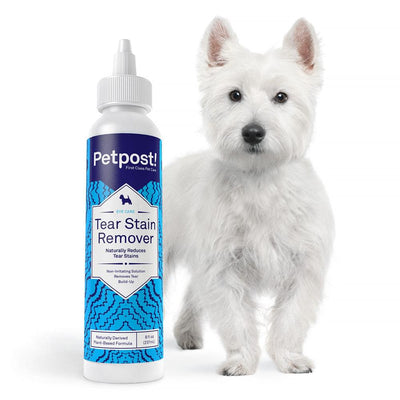Tummy Troubles: What to Feed a Dog with an Upset Stomach

There is nothing more horrifying than waking up in the middle of the night to the sounds of Fido retching, twitching, gagging and heaving. You fall off the bed and grab the nearest shirt you can sacrifice, but you’re too late—tonight’s doggie dinner is already doing an emergency landing on your beddings. It sounds like Armageddon is happening inside your pooch’s body, but having tummy trouble is not usually a life-threatening situation. However, if you don’t want to make things any worse, you need to know what to feed a dog with an upset stomach.
Aside from the horrendous vomiting, how do you know that Scout isn’t feeling too handsome in the digestive department? These are the usual signs of stomach discomfort in our canine buddies:
- Nibbling on grass
- Watery stools or diarrhea
- Gas
- “Rumbling” sounds in the stomach area
- Dehydration
You wouldn’t want to add to the problem by putting rich and oily chows into the dog bowl, especially within the first forty-eight hours. If fasting is not an option for very long, introducing stomach-gently food to Mr. Spot is key to helping him ease his achy belly and relieve the uncomfortable symptoms.
It is always recommended to have your dog on a regular regimen of high quality probiotics for dogs, but if you are looking for what else to feed your dog to help ease a rumbly tummy, try some of the treat below.
- Honey
This sweet liquid gold is known for naturally having antibacterial and anti-inflammatory properties. You can mix it with your dog’s drinking water to encourage hydration (but don’t let him gulp it down!), or rub a honey-dipped finger on his gums to give him a boost of energy and prevent low blood sugar.
- Brown or White Rice
Warm rice ‘water’ soothes the tummy without causing a digestive ruckus. To make some, boil a cup of rice in your cooker with double the water that you usually cook it with. Strain the rice (save it for Bubbles’ bland meal later), cool the liquid a little bit, and let your pooch lap it up.
You can also stir up rice porridge by cooking one cup of white rice, then adding around 3 to 4 quarts vegetable or chicken broth and letting it cook for another twenty minutes, or until the rice turns very mushy. Give your furbaby a few tablespoons throughout the day to keep her hydrated without overwhelming the digestive tract.
- Pumpkin
Pumpkins have high fiber content, and it doesn’t hurt that its taste is more than agreeable to the canine palate. That’s why this golden-yellow veggie is always recommended for dogs with diarrhea and vomiting problems.
Boil some chunks and mash them up, or puree it into a soup (no salt or any other seasoning!). It will also make a great healthful add-on to Snoopy’s recovery diet, and even on his regular daily meals.
- Chicken Meat
Low-fat chicken meat is perfect for pooches who need bland but yummy noms during convalescence. It provides the protein that your dog’s body needs without filling him up with fat—just make sure to ditch the skin.
Remove the bones and boil the meat, sans the condiments, until tender. Vets recommend serving a bland meal of 1 part chicken, mixed with 2 parts of cooked rice (brown or white) or mashed pumpkin. Give him small batches of this concoction 4 to 5 times throughout the day, while closely monitoring his stools and vomiting.
- Kefir
Probiotics combat bad bacteria in your pooch’s gut gently and naturally, while promoting the growth of good bacteria in the stomach. Fortunately, kefir (cultured from whole milk) has the same vast amount of probiotics as its expensive, commercially-made, tablet-form counterparts.
Scoop a teaspoon or two for your canine buddy daily to kick up his good bacteria arsenal and help him fight off the nasty bugs gently and safely. It is also recommended to include this superfood into Patch’s everyday diet to promote healthy digestion and boost his immunity.
It’s good practice to let everyone in the family know what to feed a dog with an upset stomach, especially if Señor Pepito is a little hard to rein in on food, even with a slight tummy problem. Keep these food items on hand in case puppy feels mildly poopy, but always go for a visit at the vet clinic if the symptoms mentioned earlier persist, or if you observe any of the following on Ms. Pickles:
- Severe dehydration
- Lethargy
- Blood in vomit
- Blood in diarrhea
- Bubbling in the mouth and excessive drooling
- Fever
- Bloating
If you see these more serious signs, never hesitate to rush your pet to the veterinarian for professional diagnosis and treatment.
What other foods does your vet recommend for your dog when he’s got tummy problems? Let us know at the comments!









Leave a comment